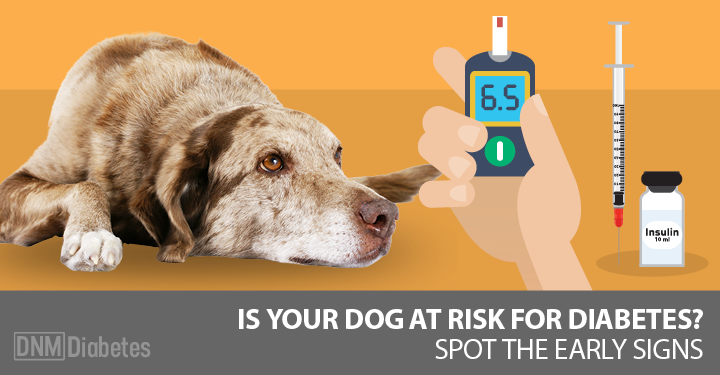
Inject your dog carefully. If your dog is not diabetic but has reduced vision its also important to have them checked.

Preventing diabetes in dogs is not easy.
How to help my dog with diabetes. Medicating Your Dog 1. Make a plan for your dogs health with your vet. Diabetes requires swift treatment but the treatment plan depends on.
You will have to give your dog insulin injections regularly. Make sure you know how to draw. Inject your dog carefully.
Give your dog a daily routine that stays the same each day to keep their blood sugars steady. Remember insulin and exercise decreases blood sugar and food increases it. Keeping your dog slim will make their diabetes much easier to control.
Its important to have your dog checked as regularly as your vet suggests. This is to make sure their diabetes is staying. Diet plays a vital role in helping to keep your dogs diabetes regulated.
Your veterinarian can recommend choices specifically for your dog but these basic tips can help. Keep meal content and volume identical each day to avoid changes in insulin requirements. Choose dog foods with quality sources of protein and low carbohydrates.
Researchers are still exploring what diet is best for dogs with diabetes. Most vets recommend a high-fiber low-fat diet. Fiber slows the entrance of glucose into the bloodstream and helps your dog.
The main nutrients to consider for diabetic dogs include water calories carbohydrates and fiber. Many dogs with diabetes have increased thirst and increased urination so fresh clean water should be available at all times. Gene therapy replaces a faulty gene or adds a new gene in an attempt to cure disease or improve your bodys ability to fight disease.
Now on to the study that was recently published in the journal Diabetes. Scientists in Spain used gene therapy to put dogs with type one diabetes. Treatment of Diabetes in Dogs Diet.
Your veterinarian will recommend the best type of diet for your diabetic dog. Usually this will include some. To help avoid sudden spikes or drops in glucose levels it is especially important that diabetic dogs maintain.
Diabetes treatment for dogs. Specialised diet and exercise plans will be recommended with your vet as part of treatment in order to prevent sudden spikes or falls in glucose. You will also be shown how to monitor your dogs blood sugar.
This will be done by urine tests or a pinprick blood test. In fact insulin injections are really the cornerstone of treatment for diabetes in dogs. Remember though that even though the thought of administering insulin injections to your dog may be scary at first most people can be taught to give the injections easily.
Your veterinarian can help teach you how to do that. If your dog it diabetic they should be having regular appointments with a vet. If you suspect your dogs vision is affected between routine checks contact the vet straight away as they may need to see your dog sooner.
If your dog is not diabetic but has reduced vision its also important to have them checked. 3 Supplements to Help Your Underweight Diabetic Dog Fenugreek Numerous canine studies have shown that fenugreek seeds or components added to the diet of dogs with diabetes lowers cholesterol and reduces high blood glucose. Fenugreek is available in supplements specifically for dogs.
Take your dog to the vet. To help manage your dogs diabetes you should take them to the vet for regular checkups. This is true even if your dogs diabetes seems to be under control.
Preventing diabetes in dogs is not easy. For many dogs diabetes is in their genes but spaying your female dog is one easy way to prevent insulin-resistant diabetes caused by diestrus or pregnancy. Obesity is often linked with diabetes but in canines.
A balanced diet can also help enormously in regulating your dogs blood sugar levels. Your vet will advise you on what and how much to feed and on the timing of meals and injections. High fibre diets are often recommended for dogs with diabetes as it can help limit increases in blood sugar levels compared to a.
Even though diabetic dogs need some fibers and carbohydrates in their diet they should be in small quantities. Fiber is crucial in slowing the intake of glucose into the bloodstream and assists your dog feel full. On the other hand complex carbohydrates help glucose to be released evenly in the dogs body.
What can I do to manage my diabetic dogs health at home. As mentioned above you will be the one administering your dogs twice-daily insulin shots but there is more you can do to help manage your dogs health. First its important to make sure you give your dog his shots at the same time every day and feed your dog around that same time.
This boosts the nutrients in the blood to coincide with the peak insulin levels produced by the shot and keep your dog. By using positive reinforcement methods Service Dog Academys diabetic alert dog program keeps a dogs spirit intact. The puzzles and games that are part of the training have been developed to create an improvisational dog.